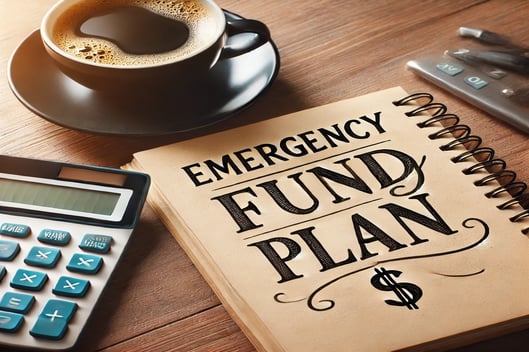How to Build a Halal Emergency Fund: A Step-by-Step Guide
Learn how to create a financial safety net while adhering to Islamic principles. This guide covers practical steps to build and manage a halal emergency fund for a secure financial future.
12/23/20241 min read


An emergency fund is essential for financial stability, providing a cushion for unexpected expenses. Building one while following Islamic principles ensures your savings align with your faith. Here's how to get started:
Determine Your Target Amount
Calculate your monthly essential expenses (e.g., rent, food, utilities) and aim to save enough for 3–6 months.Select Halal Savings Options
Deposit your savings in an Islamic bank account or invest in sharia-compliant funds that avoid interest (riba) and unethical industries.Automate Contributions
Set up an automatic transfer to your emergency fund each month, even if it’s a small amount. Consistency is key.Cut Unnecessary Expenses
Identify areas where you can reduce spending, such as dining out or subscription services, and redirect those savings to your fund.Keep It Accessible but Separate
Store your emergency fund in an account that’s easy to access during emergencies but separate from your everyday spending account to avoid temptation.
Why Build a Halal Emergency Fund?
Financial security during unforeseen events like medical emergencies or job loss.
Peace of mind knowing your savings are ethically and Islamically compliant.
Encourages discipline and financial planning in your daily life.
Start small but stay consistent. A halal emergency fund not only safeguards your financial future but also strengthens your faith by aligning your money management with Islamic principles.
Subscribe
Copyright © 2024 Halal Dirhams
